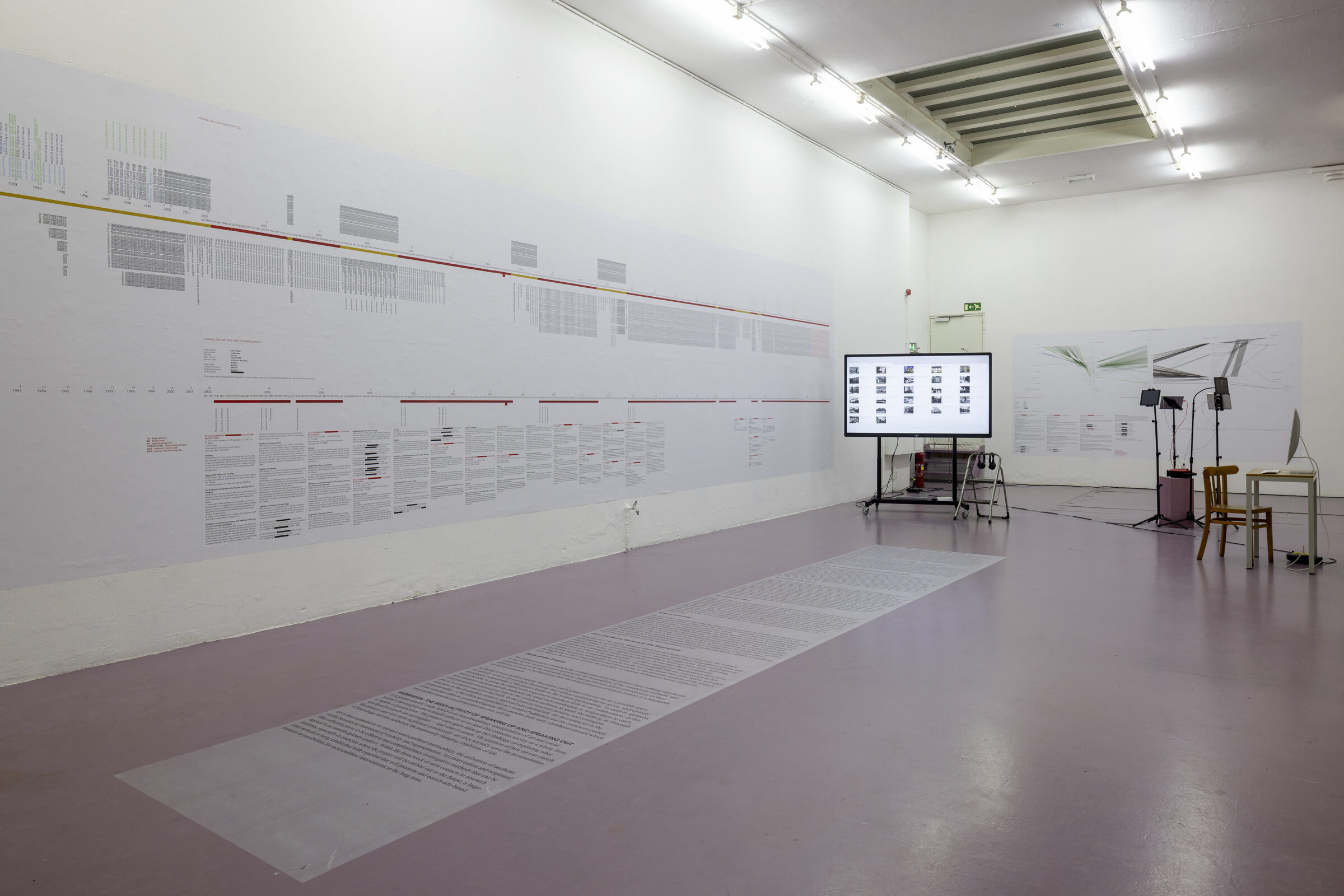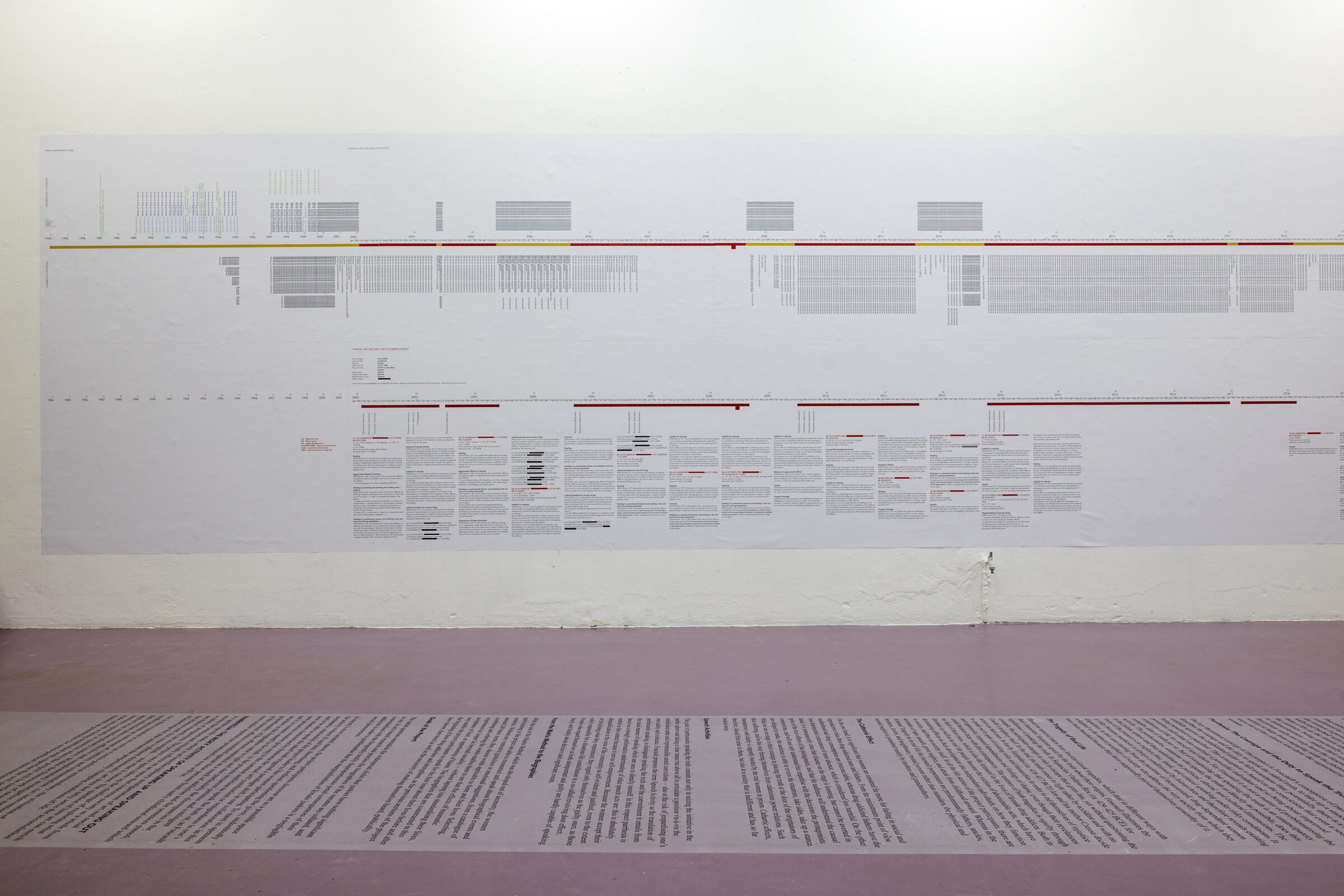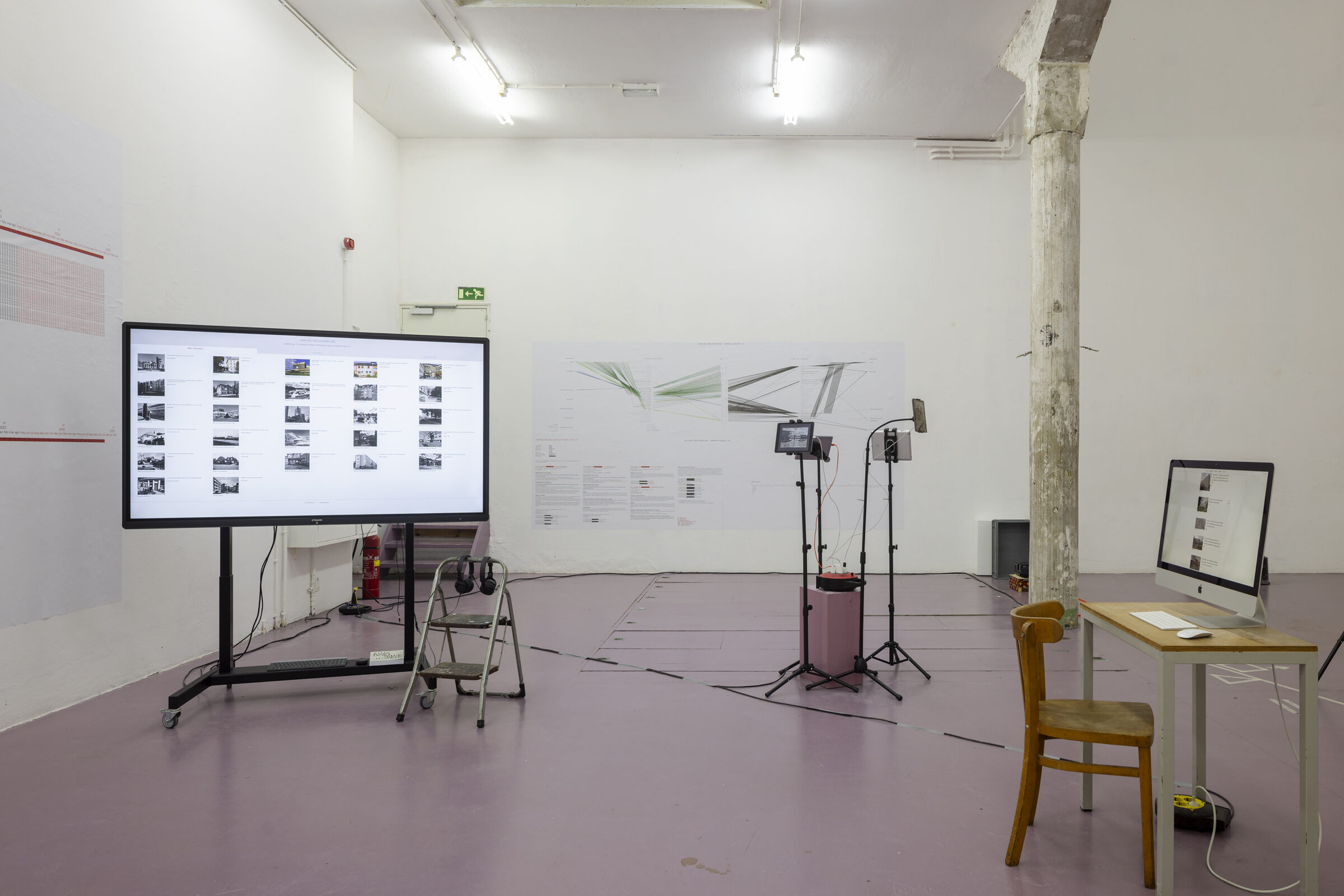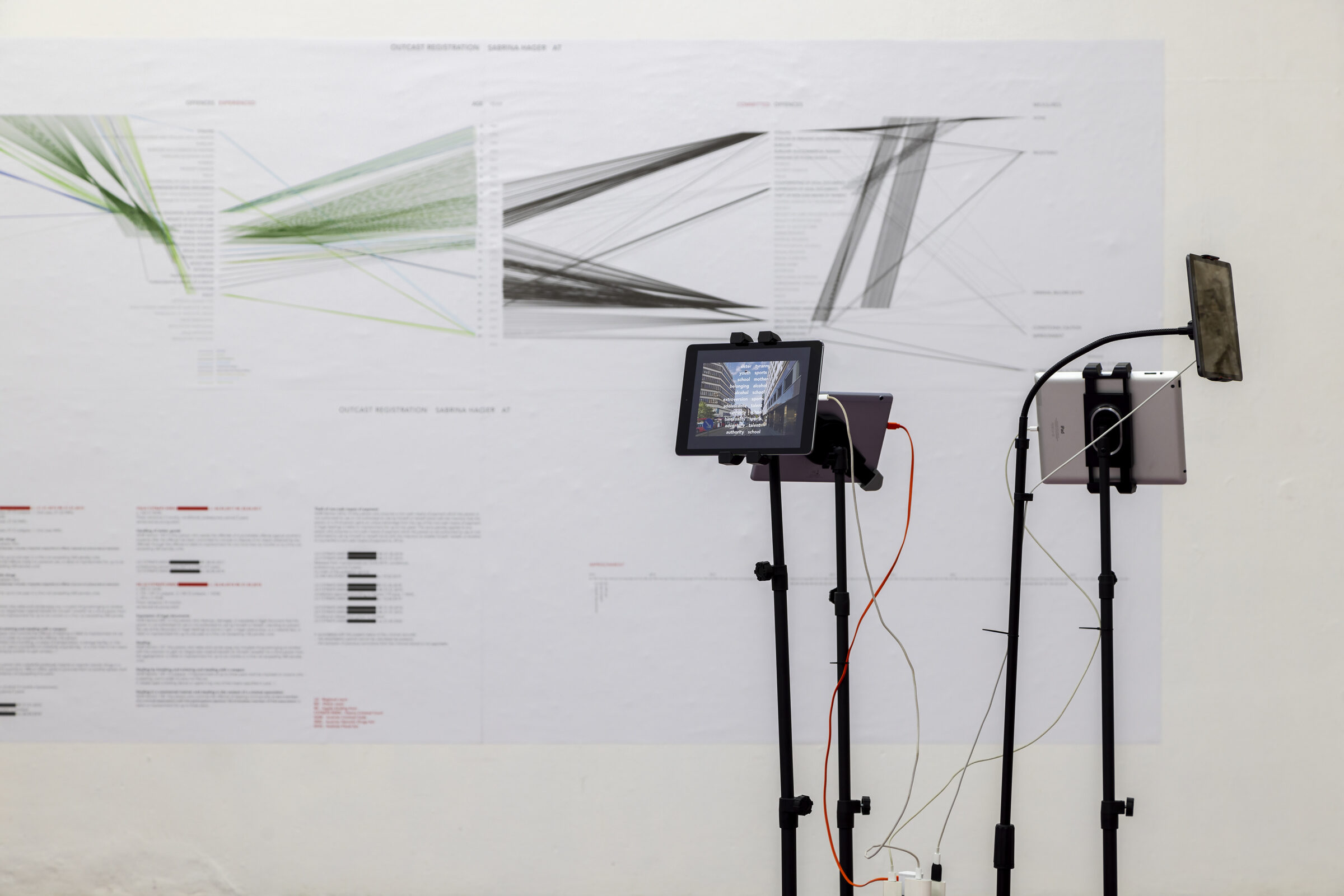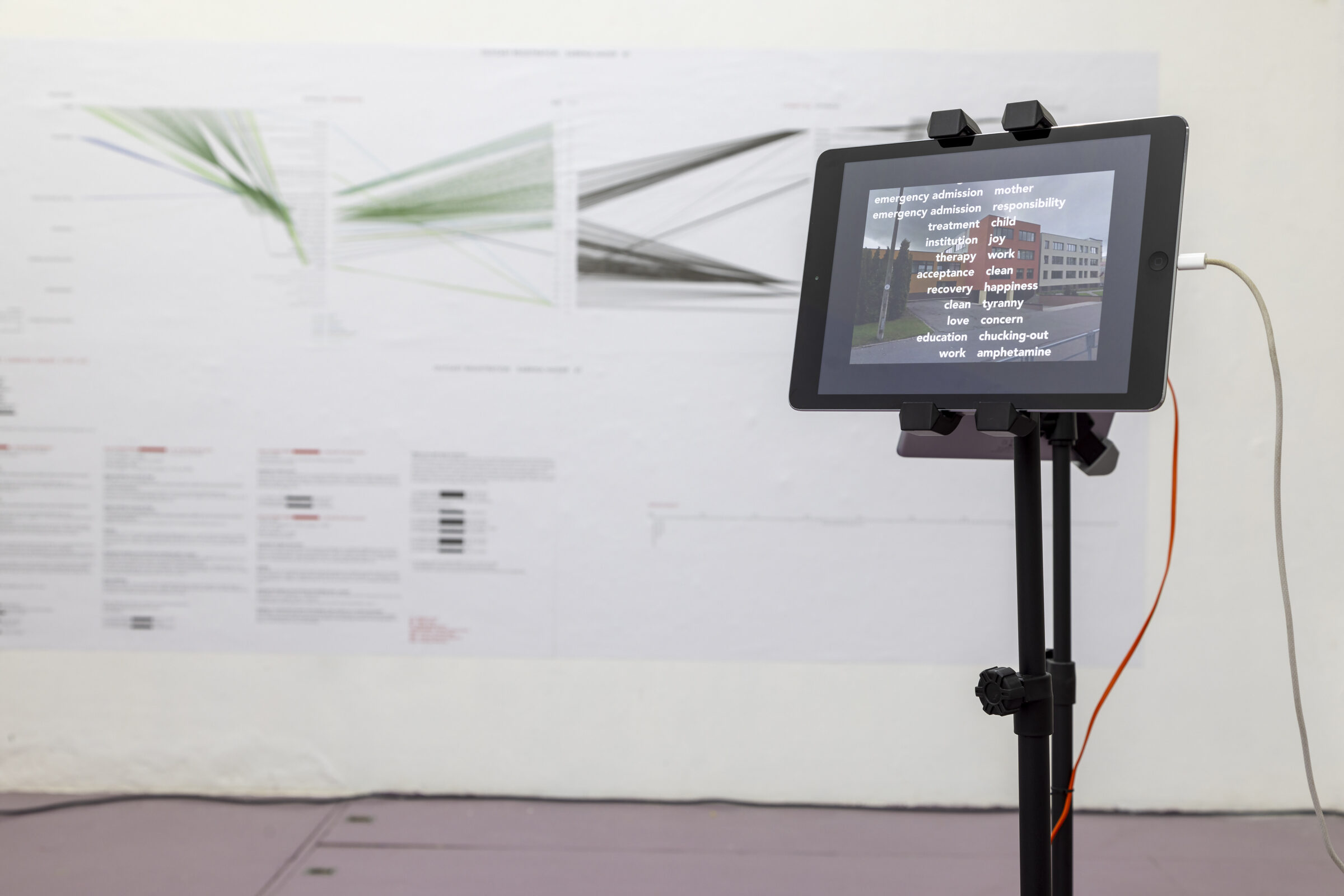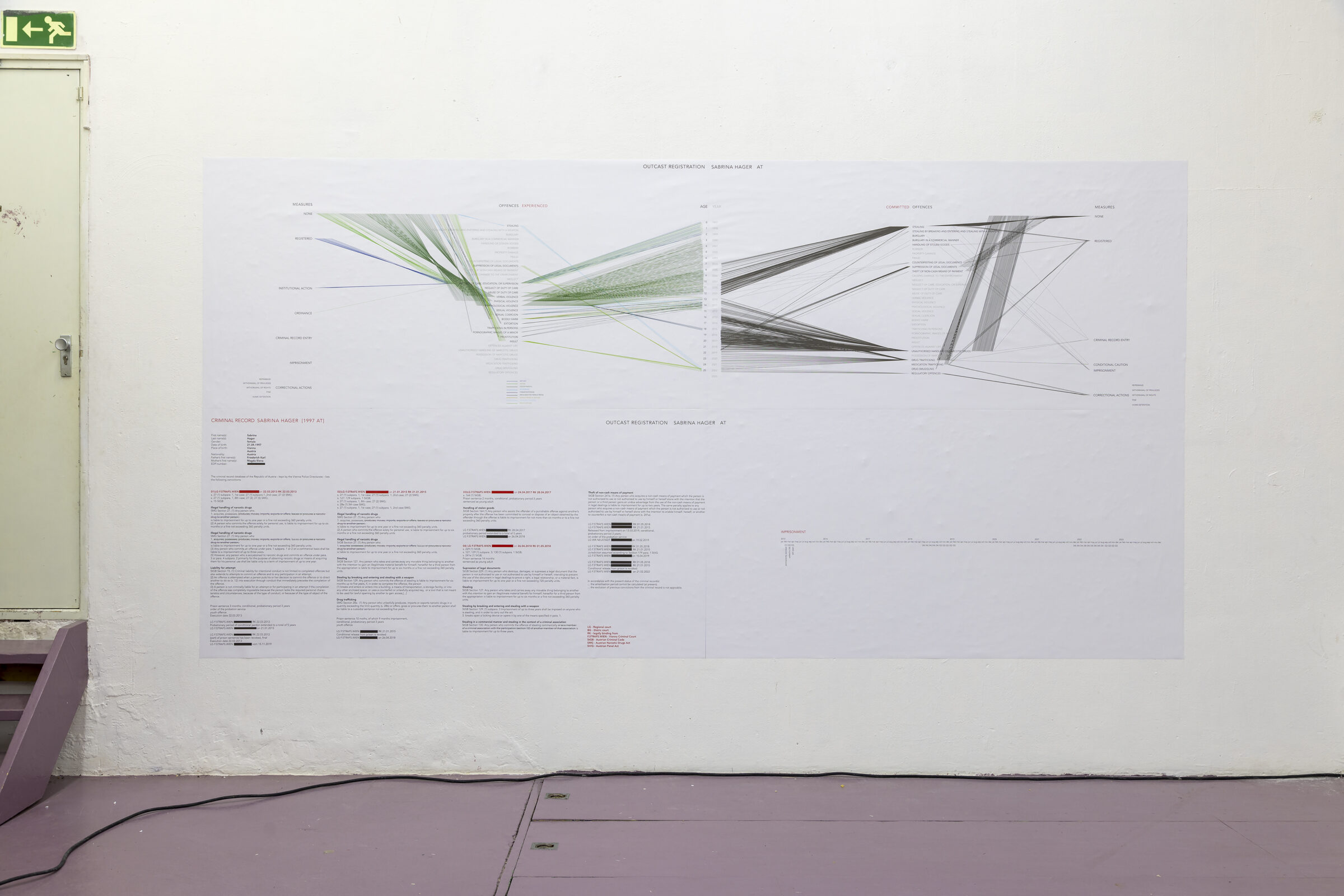to be aware of outsiders, that is, marginalised groups in a society, to register and research conditions they live under, and to demand public visibility for them, is the main concern of this arts and science research project. Such groups all suffer from similar systematic exclusion procedures that push them over and over again further to the margins of society. Unlike their male fellow sufferers, drug-addicted women in European prisons are considered a “negligible phenomenon”. The work of the OUTCAST REGISTRATION counters this by recognising the need of the participants to make their lives a public affair, which ultimately also means laying part of the responsibility for their illness at society’s door.
comes from the Greek and means “freedom of speech” or “talking about everything”. It is the key theoretical concept of the eponymous project PARRHESIA: THE RISKY ACTIVITY OF SPEAKING THE TRUTH, which is based on Michel Foucault’s remarks on parrhesiastic speaking the truth. Drawing on the ancient tradition of truth speaking that can be traced back to Euripides, Foucault defines parrhesia as “a kind of verbal activity where the speaker has a specific relation to truth through frankness, a certain relationship to his own life through danger, a certain type of relation to himself or other people through criticism (self-criticism or criticism of other people), and a specific relation to moral law through freedom and duty. More precisely, parrhesia is a verbal activity in which a speaker expresses his personal relationship to truth, and risks his life because he recognises truth-telling as a duty to improve or help other people (as well as himself). In parrhesia, the speaker uses his freedom and chooses frankness instead of persuasion, truth instead of falsehood or silence, the risk of death instead of life and security, criticism instead of flattery, and moral duty instead of self-interest and moral apathy.” (Source: Michel Foucault, The Meaning and Evolution of the Word Parrhesia in Discourse & Truth: The Problematisation of Parrhesia, 1999, 6 lectures at the University of California at Berkeley, CA, Oct.–Nov. 1983. https://foucault.info/parrhesia/foucault.DT1.wordParrhesia.en/)
